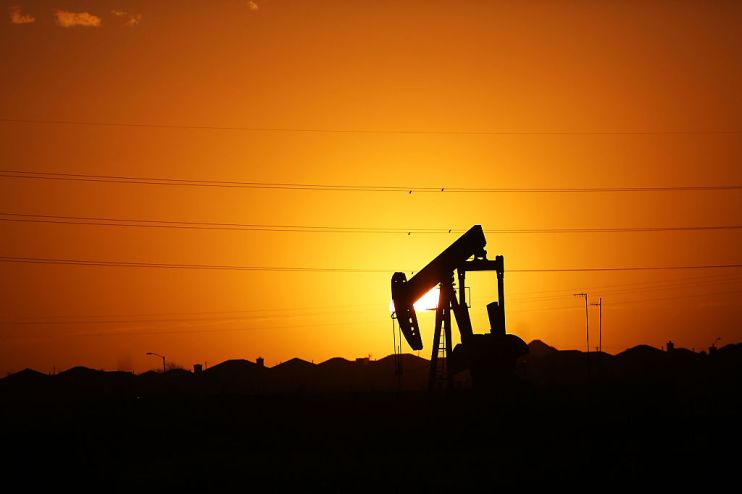Opec+ end deadlock over oil supply policy, says source

The United Arab Emirates and Saudi Arabia have ended an impasse over Opec+ oil supply policy, sources said today.
A deal was reached after the UAE’s baseline was increased to 3.65 million barrels per day from April 2022, the date when the current pact had been scheduled to end.
The news was first reported by Reuters.
In a statement on Wednesday, the UAE energy ministry said that a deal with OPEC+ on its baseline is yet to be reached and that deliberations are continuing.
Read more: Oil prices reach seven-year high after Opec+ abandon supply talks
The compromise should inject a sharp increase of oil supply into an extremely tight market and help to ease surging oil prices.
WTI Crude was down 0.25 per cent at $75.06 a barrel, while Brent Crude edged down 0.12 per cent at $76.40 a barrel.
“With the agreement likely to be extended until the end of 2022, supply will return slowly to the market and reduce the risks of supply shocks” said Fawad Razaqzada, market analyst at ThinkMarkets.
Opec+ still needs to take a final decision on output policy, after talks this month stalled because of the Saudi-UAE deadlock.
Read more: Behind the OPEC standoff: Saudi Arabia, the UAE and the rush to decarbonise in the Middle East
The alliance had agreed to reduce oil supply by 10m bpd to cope with weak demand during the pandemic. The cuts have gradually tapered to 5.8m bpd.
Both Saudi Arabia and the UAE raised concerns over a deal that was tabled at the latest round of Opec+ talks that would have increased supply by an extra 2m bpd in a bid to temper soaring oil prices.
However, the UAE rejected extending the existing deal until December 2022 from April 2022 unless it was granted a higher production quota.
Abu Dhabi and Riyadh reached a compromise after the UAE’s baseline was increased from 3.16m bpd.
The news will in part help to quash mounting fears that inflation in the global economy is starting to spiral out of control.
Yesterday, the US reported that inflation rose at its fastest annual rate since August 2008, while the ONS said today that price rises in the UK reached 2.5 per cent annually in June, both partly fuelled by surging oil prices.
Read more: US inflation surges at fastest pace in over a decade